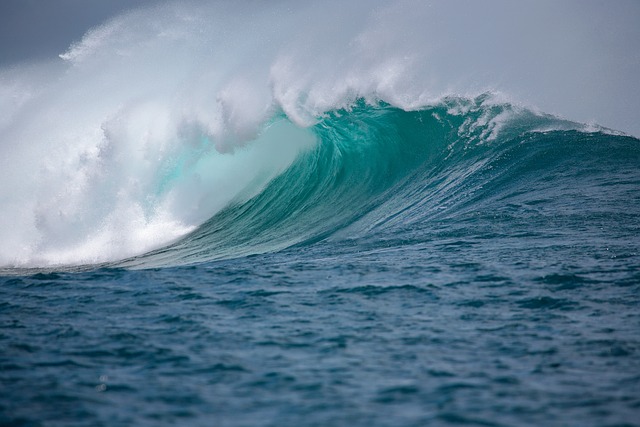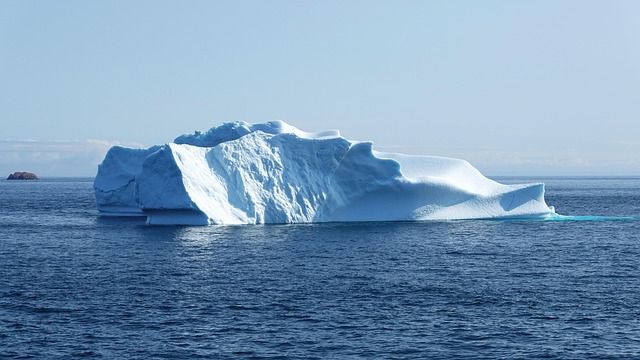Understanding Ocean Acidification: The Environmental Impact on Melting Ice and Climate Change
The ocean is often viewed as a vast, untouchable entity, beautiful and resilient. Yet, beneath its shimmering surface, a profound transformation is underway that threatens the very fabric of our planet. Ocean acidification, a direct consequence of increased carbon dioxide (CO2) emissions, is setting off a chain of environmental shifts that we can no longer afford to ignore.
As CO2 levels rise, a significant portion is absorbed by our oceans. While this may initially seem beneficial, the reality is stark: the ocean’s chemistry is changing, leading to a more acidic environment. This alteration has serious repercussions for marine life, ecosystems, and—ultimately—us. Coral reefs, often referred to as the rainforests of the sea,” struggle to survive in acidic waters, affecting countless species that depend on these vibrant habitats. The intricate balance of life in our oceans is unraveling before our very eyes.
But what does ocean acidification mean for the melting ice? The polar regions are warming at alarming rates, and the melting of ice caps contributes to rising sea levels, altering weather patterns far beyond their icy realms. When ice melts, it not only releases fresh water into the oceans but also exposes darker ocean surfaces that absorb more sunlight, leading to further warming. This creates a vicious cycle: warming oceans lead to more ice melt, which in turn exacerbates ocean acidification. As our climate changes, we find ourselves trapped in a feedback loop with dire consequences.
Moreover, the impact of ocean acidification extends beyond the water itself. The disruption of marine ecosystems threatens the global food supply, as many communities rely heavily on fish and other seafood as primary food sources. These vulnerable populations, already grappling with the changes brought by climate change, may soon find their livelihoods further compromised. This is not just an environmental issue; it’s a matter of social justice and equality.
The ramifications of our altering oceans are not distant problems—they are right here, affecting real lives today. Understanding ocean acidification is critical to understanding our climate crisis. It’s a reflection of our choices and priorities as a society. We can no longer view the ocean as a mere backdrop to our lives; it is a complex, living system that requires our protection. As guardians of this blue planet, it is imperative that we confront the reality of ocean acidification and its entwined relationship with melting ice and climate change.
By taking action to reduce our carbon footprint, supporting sustainable practices, and advocating for policies that protect our oceans, we can begin to heal the wounds inflicted upon our environment. Each small step contributes to a larger movement towards a healthier planet, where the beauty of our oceans can be preserved for generations to come. It’s time we embrace this responsibility and become active participants in safeguarding the future of our world.




